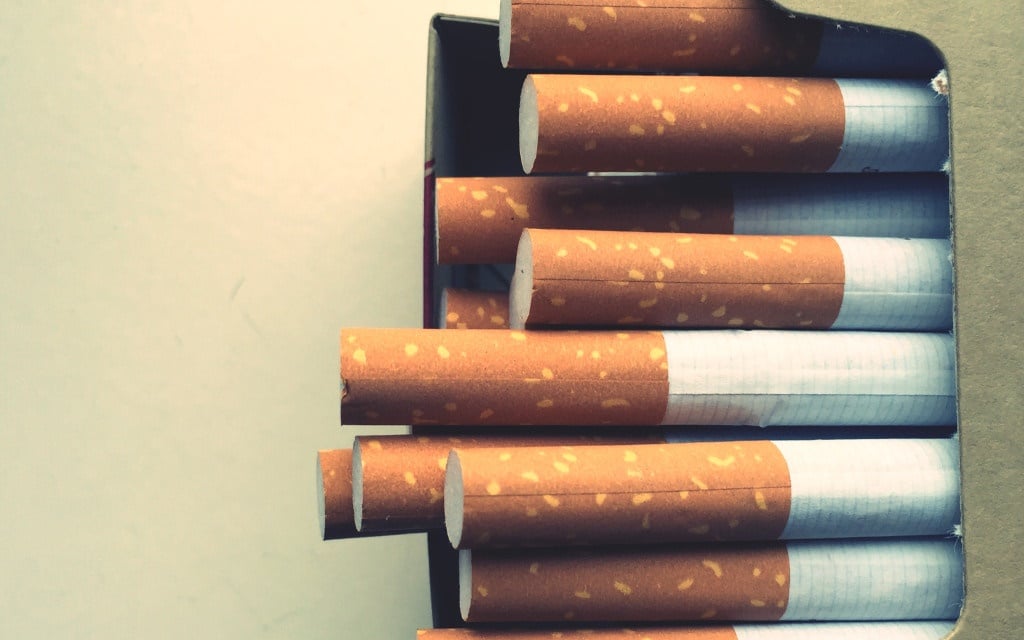


South Africa instituted its ban on the sale of cigarettes in late March, 2020.
- On Wednesday, the Pretoria High court heard an application by the Fair Trade Independent Tobacco Association for leave to appeal a previous ruling that kept the cigarette ban in place.
- The state argues the group is only focused on the financial interests of its members.
- But FITA’s lawyers say refusing to grant leave to appeal would be a “massive denial of justice”.
The state has argued in court that a tobacco group seeking to again challenge the ban on the sale of cigarettes is focused solely on the financial interests of its members and not the public interest.
On Wednesday, the Pretoria High court heard an application by the Fair Trade Independent Tobacco Association for leave to appeal a previous ruling that kept the ban in place. The virtual hearing was held via Zoom.
The same court, in late June, dismissed with costs FITA’s initial legal challenge to have the ban on the sale of tobacco products overturned.
“The application is primarily aimed at protecting the financial interests, of the applicants members to ensure that they are allowed to in cigarettes and tobacco products,” said advocate Marumo Moreane SC, for the state, in Wednesday.
The sale of cigarettes has been banned for the past four months for health reasons, with the state saying evidence supports the view that smokers are more likely to land in intensive care than nonsmokers if they catch Covid-19.
FITA, meanwhile, has been locked in a battle with the government and the Minister of Cooperative Governance and Traditional Affairs, Nkosazana Dlamini-Zuma, over the ban.
Advocate Arnold Subel SC, for FITA, said on Wednesday that a refusal to grant a leave for an appeal would “result in a massive denial of justice”.
Subel argued the state had not shown that relaxing the ban would burden the country’s healthcare system. Continuing the ban would, however, have dire economic consequences, leading to the collapse of the local tobacco industry. He added that it would not stop smokers, who turn to other means of obtaining cigarettes.
“Bans notoriously do not work when it comes to ending alcohol related activities or smoking,” he said.
Dlamini-Zuma had relied, in part, on World Health Organisation statements on the health benefits of not smoking. But Subel said these could not be reliably used to support to maintain the prohibition of the sale of cigarettes.
Moreane, meanwhile, argued that FITA’s reasons for its appeal to be heard before the Supreme Court of Appeals did not meet the necessary requirements.
Judgment has been reserved until next week.

